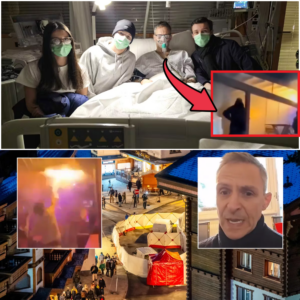
Eighteen months after making history as the first person to receive Elon Musk’s Neuralink brain chip, Noland Arbaugh’s life has been transformed in ways he never imagined. The 30-year-old, paralyzed from the shoulders down since a 2016 swimming accident, has become a beacon of hope for neurotechnology. His journey, marked by a groundbreaking surgery in January 2024, has not only restored a sense of independence but also thrust him into the spotlight as a symbol of Neuralink’s potential to redefine human capability. Arbaugh’s story, shared in a recent interview, is sparking awe and debate about the future of brain-computer interfaces (BCIs).
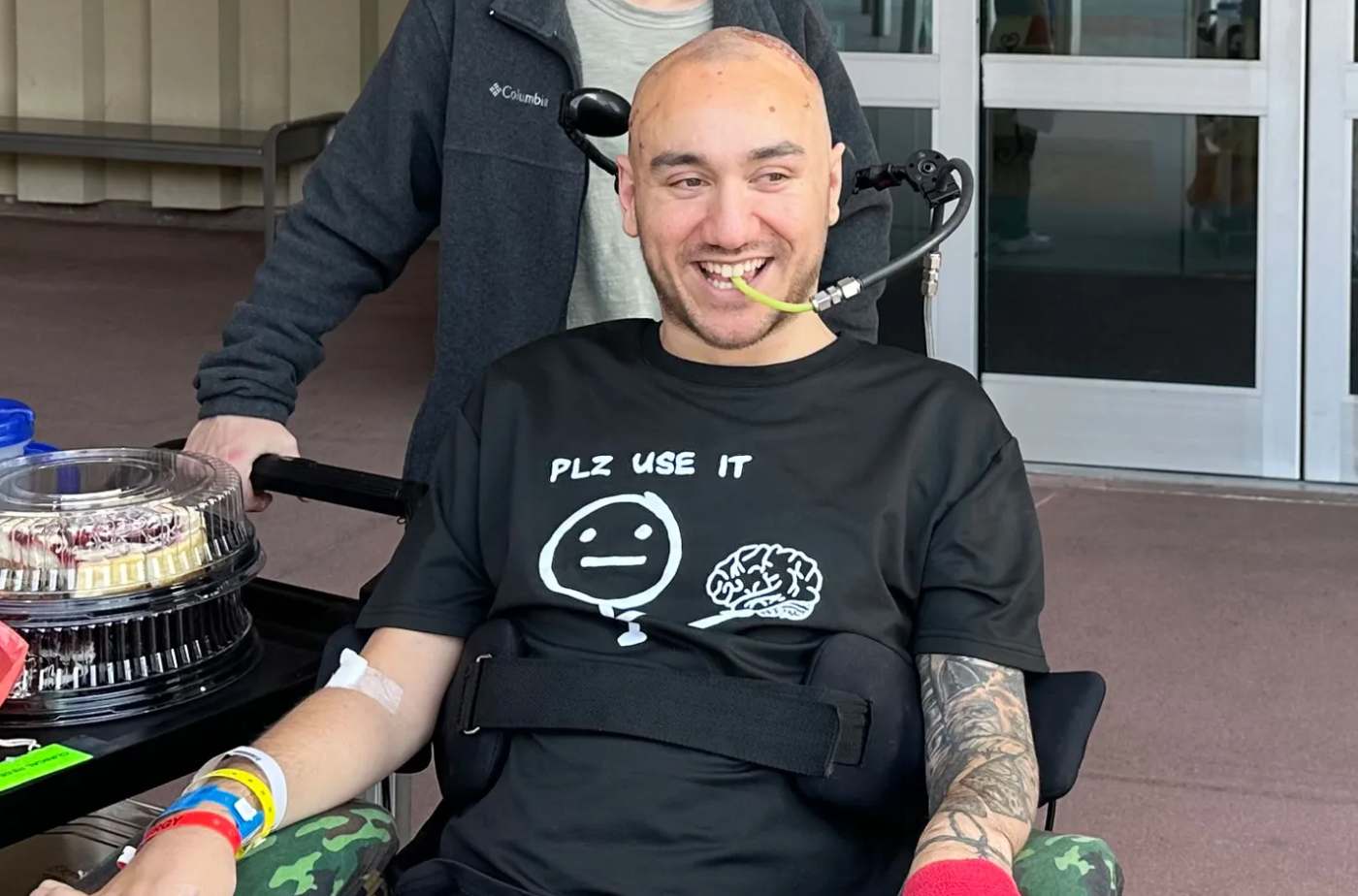
In February 2024, Arbaugh revealed his identity to hundreds of Neuralink employees at a company-wide meeting, stepping onto the stage with a bright smile and his signature red Texas A&M cap. The crowd erupted in applause, celebrating the man who underwent a pioneering procedure at the Barrow Neurological Institute in Phoenix. Using a surgical robot, Neuralink implanted a coin-sized chip with over 1,000 ultra-thin electrodes into Arbaugh’s motor cortex, the brain region controlling movement. This device captures neural signals, processes them, and translates them into digital commands, allowing Arbaugh to control devices with his thoughts alone.
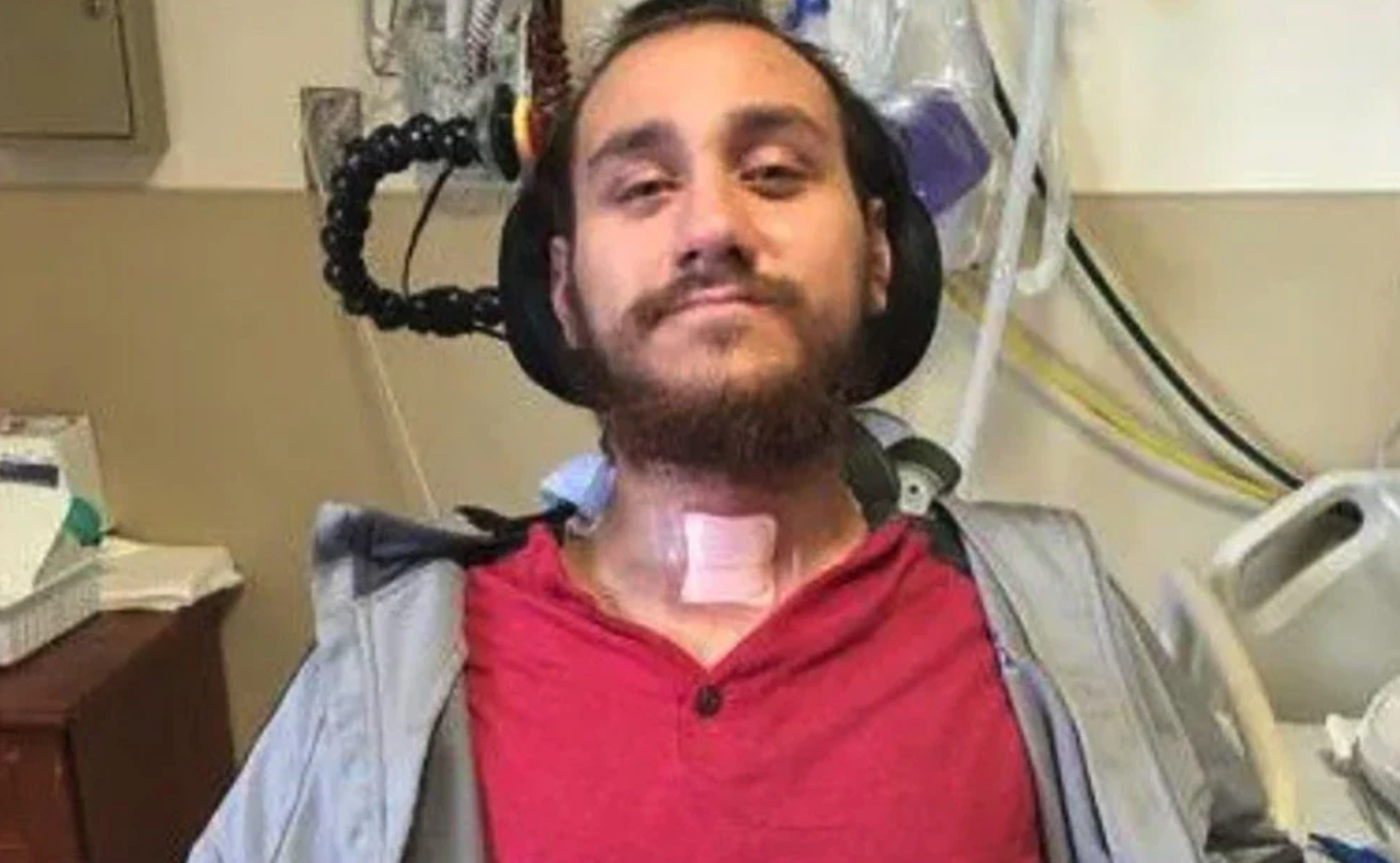
The results were staggering. On his first day using the chip, Arbaugh shattered a 2017 world record for speed and accuracy in BCI cursor control. “It was so easy to learn,” he said, describing how he now plays video games, adjusts his air purifier, and flips on the TV without moving a finger. Unlike other BCIs, Neuralink’s wireless design, with over 1,000 electrodes, offers unmatched precision, though it requires a five-hour charge via a coil embedded in Arbaugh’s hats. This innovation has enabled him to reclaim a level of autonomy he thought was lost forever.
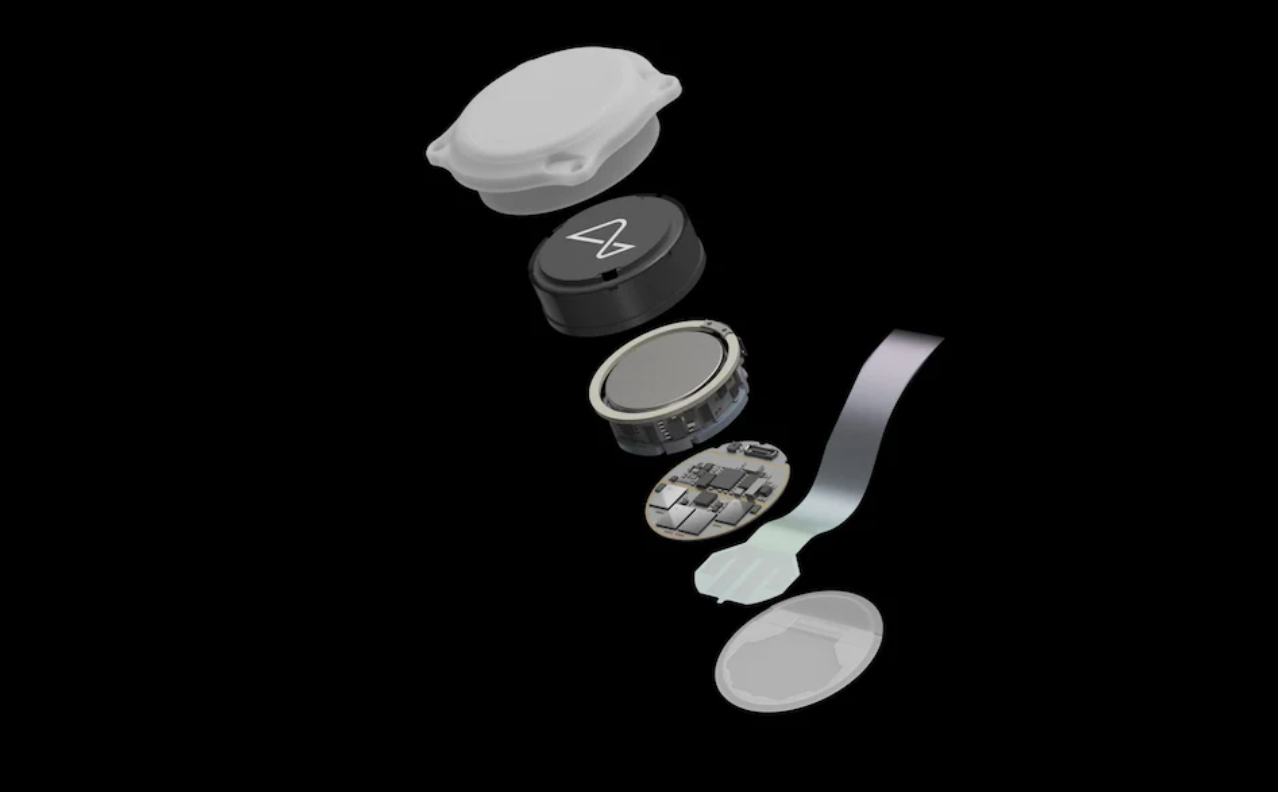
Arbaugh’s newfound abilities have reshaped his daily life. He spends up to 10 hours a day with the device, studying at a community college in Arizona with plans to earn a neuroscience degree, playing games, managing schedules, and even launching a career as a motivational speaker. “I feel like I’ve got my capabilities back,” he told reporters, reflecting on eight years of feeling confined to “staring at four walls.” His decision to join Neuralink’s trial was instant—“I never doubted it would work,” he said—despite his parents’ initial concerns. Their support grew as they saw his excitement, a spark absent for years.
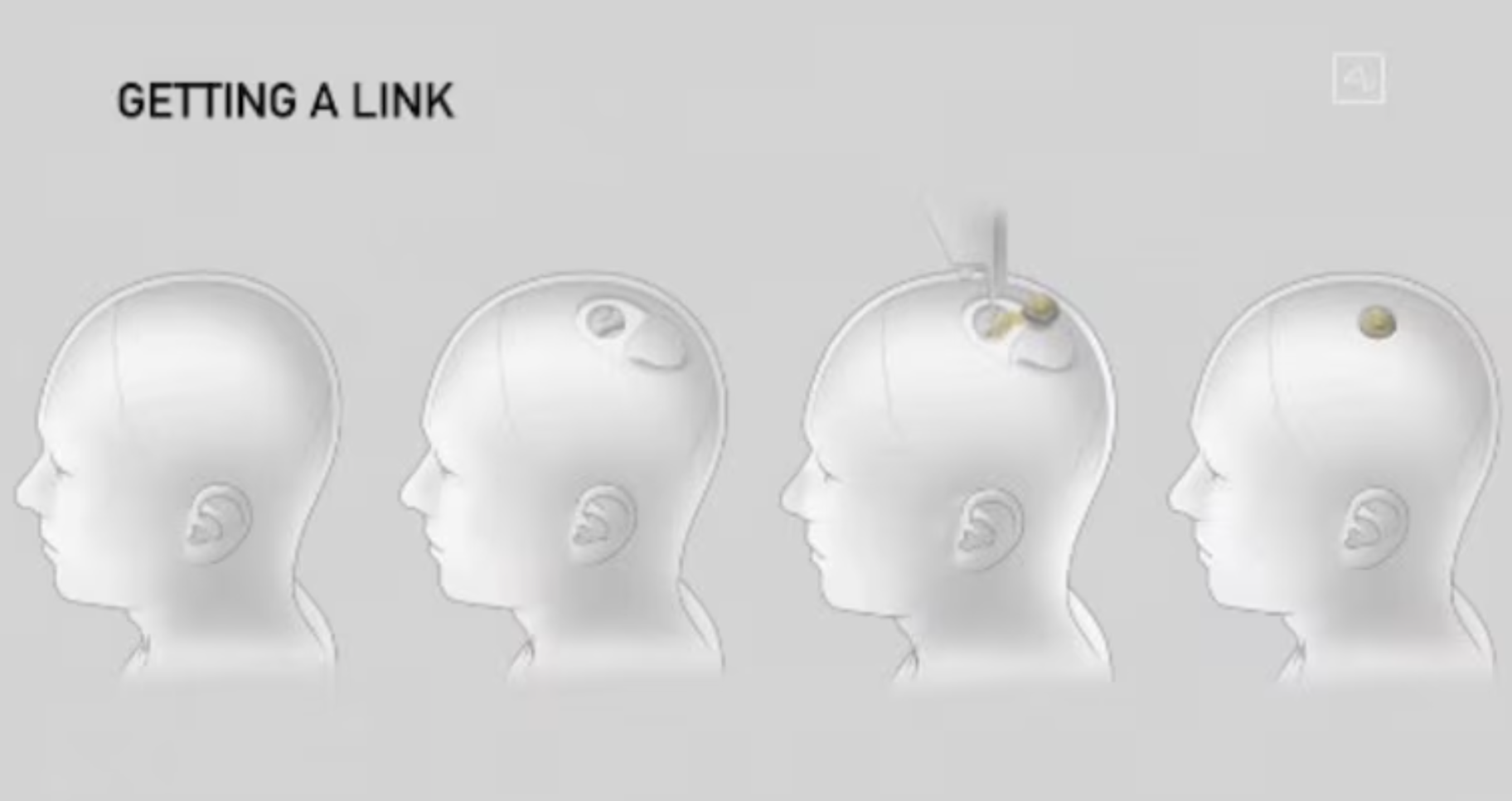
Since Arbaugh’s surgery, Neuralink has expanded its trials, implanting chips in eight more patients across the U.S., Canada, the UK, and the UAE, all with paralysis or ALS. Arbaugh’s public appearances, from podcasts to home interviews, have made him a reluctant celebrity. “I’m busier now than ever,” he said, embracing the attention to showcase the technology’s safety and potential. Even when some electrodes retracted—a hiccup Neuralink later resolved—Arbaugh stayed silent, saying, “I love this device and what Neuralink is doing. I’m proud to be part of it.”
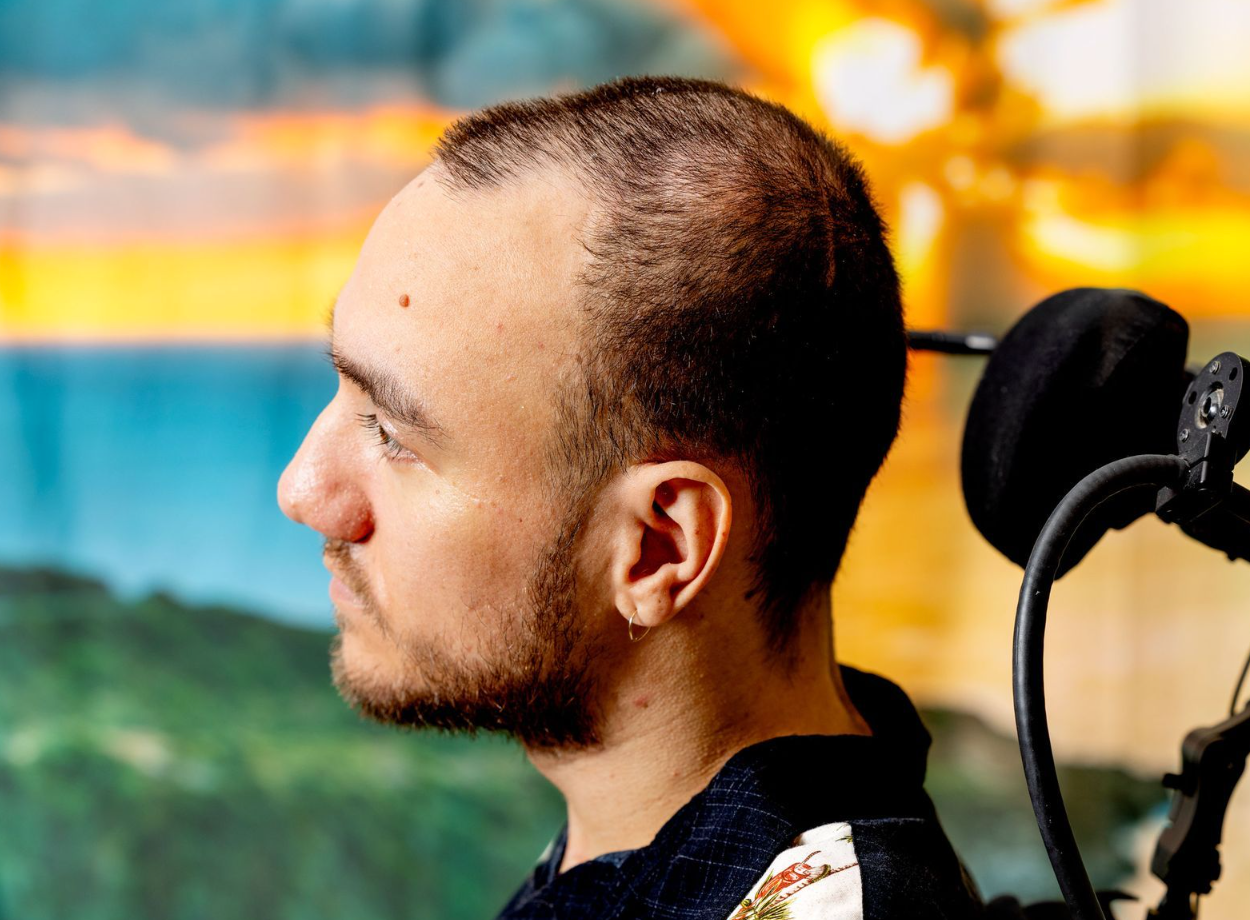
Neuralink’s ambitions are soaring. In its summer 2025 update, the company announced plans for “Blindsight,” a trial in the UAE to restore vision for the blind, and robotic arms integrated with the body. Elon Musk, Neuralink’s CEO, called the future “weird but wildly exciting,” while emphasizing meticulous care in human trials. Critics, however, point to the chip’s invasiveness and past animal testing controversies, raising ethical questions. Arbaugh brushes these aside, focusing on the technology’s promise: “It’s the future of medicine.”
From playing video games with his dad to pursuing his studies, Arbaugh’s journey is a testament to Neuralink’s impact. His story, one of resilience and possibility, is inspiring millions to rethink what technology can achieve.
